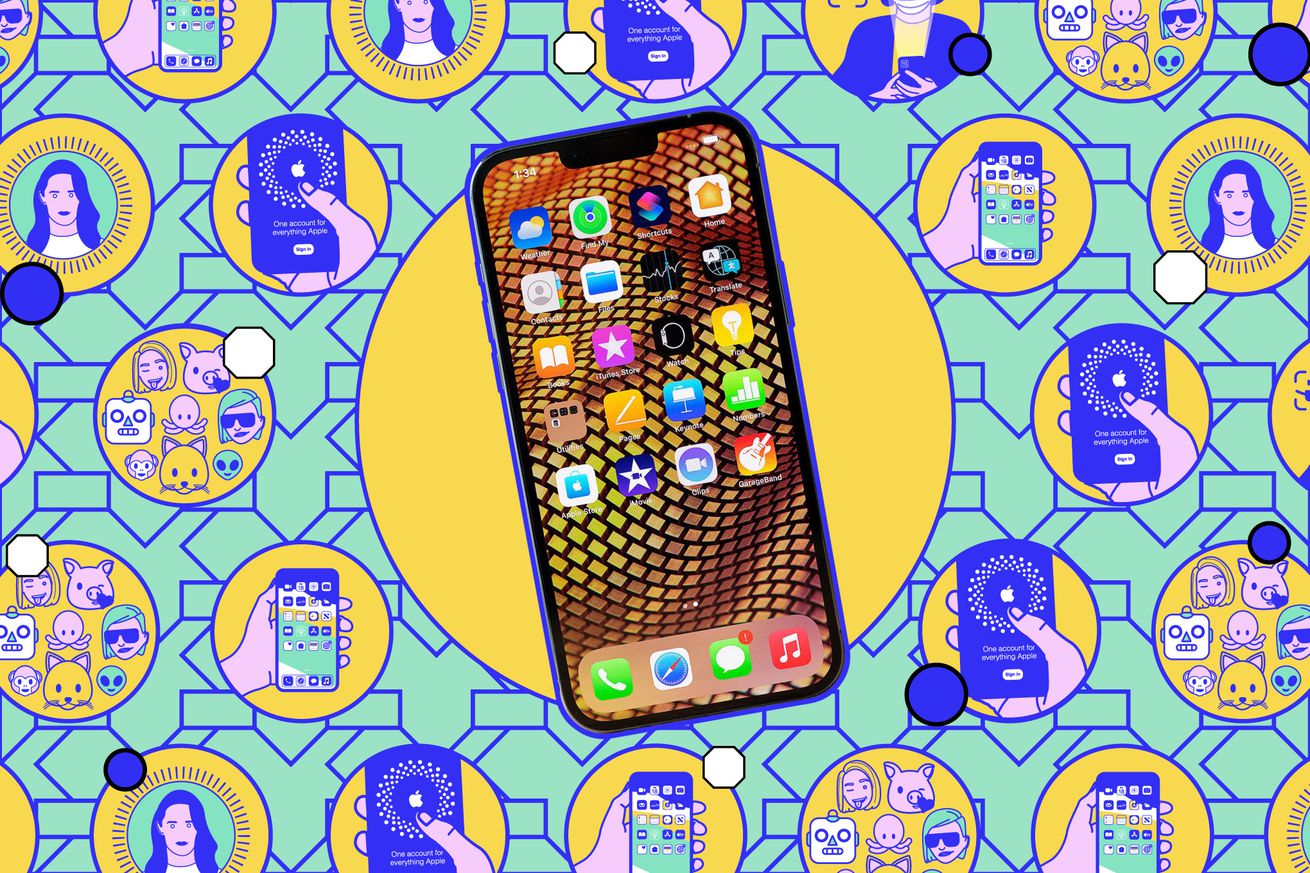
How to install the iOS 17 developer beta
Until recently, you had to be a developer (or willing to pay to be considered a developer) in order to access the earliest version of iOS. However, things have changed: you can now download the latest developer beta releases for free — at your own risk, naturally. Here’s how to install the beta software on your iPhone or iPad once it’s available for your device.
Before we get started, a word of warning: beta software is inherently unfinished and may contain bugs. Apple’s public betas (which are usually released around July) are generally more stable, but its developer betas are less so, and you should think carefully before installing them on any device you depend on. They also may not include all the features that will be in the final release. Your experience may differ from others, depending on the apps you use. And finally, if you do decide to install, we suggest backing up your device’s data in case things go badly.
What new features come with iOS 17?
The new iOS is, according to the announcements made at WWDC 2023, coming with a wide range of cool new features. These include an interesting built-in journaling app, new safety features, a new nightstand mode, better contact cards, improved auto-correct and voice transcription, and live voicemail. Not to mention updates to stickers and AirDrop, keyboard updates, and the ability to be able to just say “Siri” without the extra “Hey!”
What devices support iOS 17?
iOS 17 beta (both the developer and eventually the public versions) works on the following devices:
- iPhone 14, iPhone 14 Plus, iPhone 14 Pro, iPhone 14 Pro Max
- iPhone 13, iPhone 13 Mini, iPhone 13 Pro, iPhone 13 Pro Max
- iPhone 12, iPhone 12 Mini, iPhone 12 Pro, iPhone 12 Pro Max
- iPhone 11, iPhone 11 Pro, iPhone 11 Pro Max
- iPhone XS, iPhone XS Max, iPhone XR
- iPhone SE (second generation or later)
It will not be available for the iPhone X, iPhone 8, or iPhone 8 Plus.
How to install the iOS 17 Developer Beta
Apple has made it easier than ever to install the developer beta release of iOS. Here’s what you do (this was done on an iPhone 11 running iOS 16):
First, make sure that your device is running iOS 16.4 or later (by running Settings > General > About). If not, update your software by going to Settings > General > Software Update and downloading the latest version of iOS 16.
Once that’s done:
- Head to Apple’s beta software portal on your device’s Safari browser and sign up with the primary Apple ID you use on the device. If you’ve previously signed up, you can sign in and select Get started.
- If you’re signing in for the first time, you need to enroll your Apple ID into Apple’s Beta Software Program. This involves agreeing to a lengthy set of terms and conditions. Did we mention this was at your own risk?
- Once you’ve agreed, you’re now done with enrollment — your Apple ID essentially becomes your public beta pass, and you don’t need to download profiles like with previous versions.
- Optional: if you’d like more info about the beta program, you can scroll down to review Apple’s information about providing feedback. Under Get Started, you can select Enroll your iOS device and be greeted with a reminder on how to create a backup of your device’s content onto a Mac in case you need to revert to a previous state.
- Now go back to Settings > General > Software Update. You should now see a new Beta Updates option right under Automatic Updates. Select Beta Updates, and check to make sure the correct Apple ID is at the bottom of the screen. If not, tap on the ID and select Use a different Apple ID.
- Select iOS 17 Developer Beta under Beta Updates.
- Once all that is done, go back one screen to Settings > General > Software Update. You should see the iOS 17 Developer Beta update there; select Download and Install, and follow the instructions from there.

